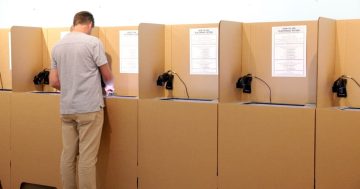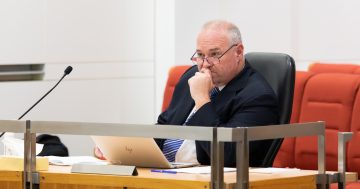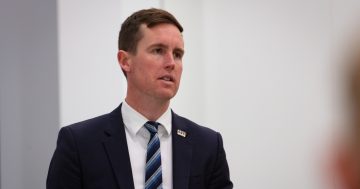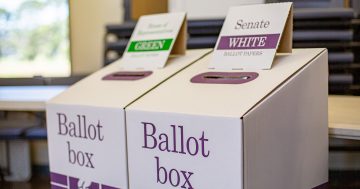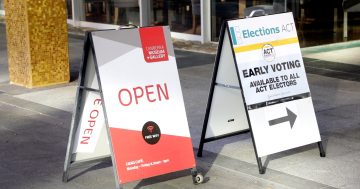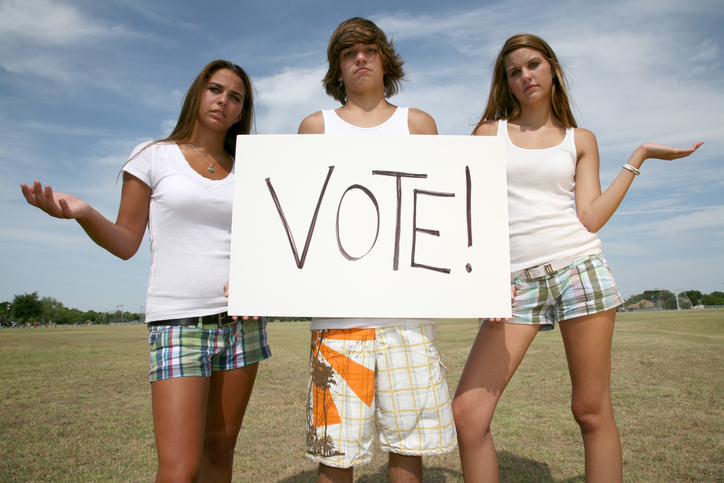
The current inquiry into the 2016 Territory Election and Electoral Act is exploring a range of issues including the proposal to reduce the voting age to 16. Public submissions have now been made and a variety of groups have shared their perspective, with a variety of views about this proposal.
Many supporters of the idea note that young people aged 16 and 17 already exercise a range of rights and obligations at this age – including working or studying, paying tax, applying to live independently and learning to drive (as a learner or provisional driver). Given this, they question the fairness of excluding young people from voting. The Youth Coalition of the ACT who has long supported the idea of optional enrolment and voting for young people aged 16 and 17 in Territory elections, say that voting is a fundamental right that should be afforded to young people as active and contributing members of society.
There are some however who argue that giving 16 and 17-year-olds the vote is a bad idea.
The ACT Electoral Commission argues that there is a problem if we have different rules between federal and Territory elections – it creates confusion for everyone. However, when we look at a number of countries where young people aged 16 and 17 are able to vote, they appear to have successfully negotiated this issue. For example, Scotland enfranchises 16 and 17-year-olds for elections in the Scottish Parliament only.
Some argue that the current proposal of voluntary voting for people of this age (the model supported by young people themselves according to the ACT Youth Coalition surveying in 2012 and 2016) creates real problems in relation to how we manage our democratic right to vote. While supporting the proposal to lower the voting age, ACT Labor argues that compulsory voting is one of the foundations of our democracy and doesn’t support any change in legislation that would undermine this important practice. The ACT Electoral Commission’s submission explored the problems of fining minors if they did not exercise this voting right under a compulsory system. However, we have mechanisms for aged based rules in areas such as employment law. Is our democracy so fragile that we are unable to create nuances in our rules?
The biggest argument against lowering the voting age is that many young people who are already able to vote are apathetic, uninformed and uninterested in politics. It is true that we see a situation where large number of young people eligible to vote are choosing not to enrol to vote because of their disenchantment with politics but I see this proposal as a way to reverse this trend. I have sympathy for young people who perceive that their views don’t make a difference but I don’t agree with them. I am lucky enough to spend time with many young people – of voting age and younger and continue to be inspired and challenged by their thoughts and ideas, and draw energy and enthusiasm from their participation and action. Surely a process where we say to young people we value your input, we respect your involvement and we encourage your involvement, will lead to an improvement in the engagement of young people in the democratic process.
The political decisions made at a local level on education, health, the economy and the form of the city will shape our lives and our city for decades to come. Our younger citizens will be the ones living with these decisions much longer than the rest of us, and as such, I think they should have a chance to have a say. What do you think about lowing the voting age?
Rebecca is a member of the ACT Greens and ran as a candidate in the 2016 Territory Election. The ACT Greens support a lowing of the voting age to 16 and support voluntary voting for this age group.













